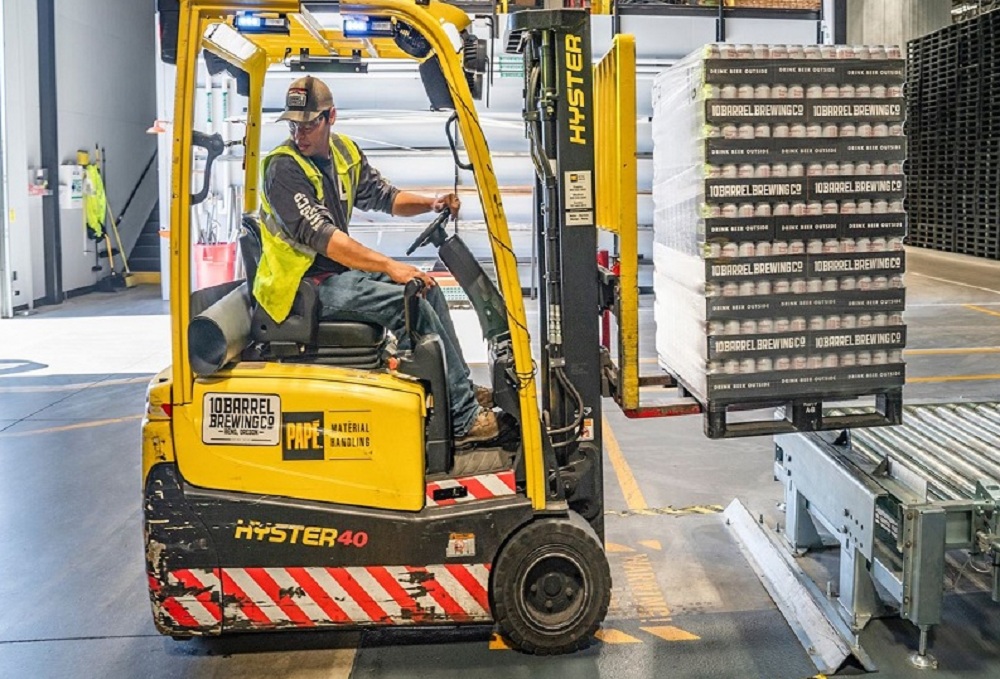Solutions to Vietnam’s logistics human resources
Human resources, particularly high-quality human resources, working in logistics service firms are in limited supply.

By 2030, the demand for logistics human resources will approach 200,000 people while only roughly 10% of market demand is met by the supply of logistics human resources.
According to the Vietnam Logistics Business Association (VLA), Vietnam's logistics industry generates an annual turnover of roughly 40–42 billion dollars, rising 14-16 percent year over year. Due to its location on a convenient maritime trade axis, Vietnam is ideally positioned to become a transshipment center for international sea freight. Vietnamese seaports have taken advantage of this by investing in and building large-scale facilities capable of receiving ships weighing more than 100,000 tons. In particular, 70 international routes are particularly useful to the development of logistics services.
However, due to the low quality of logistics human resources, Vietnam's logistics business has remained relatively uncompetitive until date. According to the study, Vietnam's logistics human resources are both scarce and of poor quality. By 2030, the demand for logistics human resources will approach 200,000 people while only roughly 10% of market demand is met by the supply of logistics human resources.
According to Mr. Nguyen Minh Duc of Vietnam Maritime University, logistics human resources, particularly high-quality ones who are fluent in foreign languages, can apply IT, have professional expertise, and have a firm grasp of legal regulations and international practices, are currently in short supply.
Only a small percentage of today's logistics workforce have international credentials such as the FIATA Diploma. Meanwhile, due to a lack of lecturers, practice facilities, and remuneration for professionals and scientists in the field of logistics, the ability to offer human resources from training institutes remains limit ed.
According to the Ministry of Industry and Trade's Logistics Report 2021, logistics businesses in Vietnam represent an unsatisfactory reality regarding the quality of all sorts of logistics human resources. As a result, the quality of logistics human resources falls short of enterprises' needs. This indicates that the quality of logistics human resources currently falls short of expectations.
Mr. Nguyen Thanh Chuong, Vice Chairman of the Vietnam Logistics Human Resource Development Association, advised that the government should set aside funds for human resource training in particular and logistics industry development in general. Simultaneously, the network of higher education and vocational education institutions offering logistics training must be reviewed and re-planned in accordance with the country's socio-economic growth plans and the needs of Vietnam’s logistics market.
From a commercial standpoint, Mr. Nguyen Hoang Long, Deputy General Director of Viettel Post, stated that in order to have strong human resources, logistics companies and training institutions must collaborate to develop each side's assets. Organizing practical training programs, in-depth training, and thematic events to develop staff knowledge and abilities is one of the specialized options.
According to experts, optimizing human resources, as well as cost-cutting and restructuring options, would be required to strengthen Vietnam's logistics business in the next few years. According to the Ministry of Business and Trade, one of its responsibilities is to develop human resources, particularly high-quality human resources for the logistics industry. As a result, the Ministry will continue to engage with other ministries and sectors to promote linkages and training cooperation with other nations, while also taking advantage of developed country support to train logistics managers.








